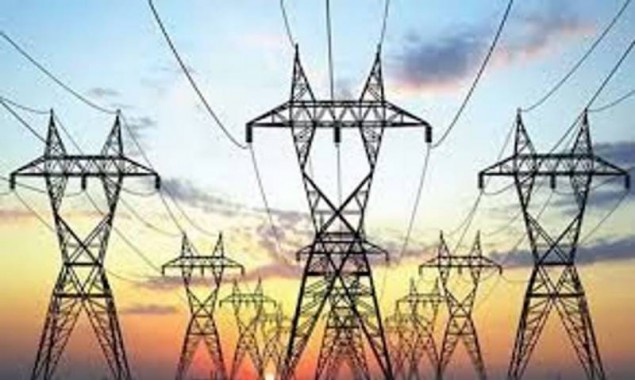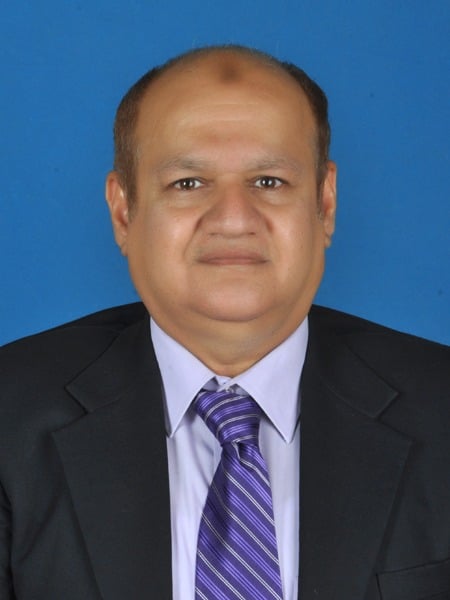
ISLAMABAD: The electricity tariff will be increased by Rs1.39 and because of depleting gas reserves, the government will impose a ban on the new gas connections for domestic consumers till the introduction of the new pricing mechanism for imported gas.
Federal Minister for Energy Hammad Azhar said that this in a media briefing along with Minister of State for Information Farrukh Habib.
He admitted the fact that the government increased the electricity on the pressure of the International Monetary Fund (IMF) and the World Bank but convinced them that any major hike will be harmful to the economic growth.
“[The] IMF and [the] World Bank wanted us to increase the electricity tariff by around Rs3.50/unit; however, we convinced them for less than a half of their demand,” he said.
“However, we will also be introducing a new QTA (quarterly tariff adjustment) of 15 to 24 paisas from November 1, and so the increase will amount to Rs1.10,” he added.
The government has also announced a seasonal electricity package, under which the consumers will be incentivised to use additional electricity at discounted rates during the winter, the minister said, adding that the same kind of package was introduced for the industrial sector and it increased the consumption of electricity by 8 per cent to 10 per cent.
Azhar said that because of the efforts of the PTI government, the flow of circular debt declined to Rs150 billion this year from Rs450 billion.
He said the government has closed old generation companies (gencos), while the National Electric Power Regulatory Authority (Nepra) has also revised its target of transmission and dispatch losses to 13 per cent from 15 per cent.
“Despite all this, there is a difference between Rs1.5 to Rs2 in the rate at which the government is purchasing and selling electricity, this is the reason behind surging circular debt,” he said.
Almost 80 per cent of the circular debt consists of capacity charges paid to the Independent Power Producers, he said, adding that in 2013, the capacity charges of IPPs were Rs185 billion, which now increased in the range of Rs700 billion to Rs800 billion.
Azhar also announced that a ban on new gas connections will be imposed because the local gas reserves are depleting at the rate of 9 per cent/annum.
The government does not have a legal mechanism to collect costs of imported gas from the consumers. “We have forged a consensus on the new pricing mechanism but till its legislation, the government is halting all expansion in domestic gas networks.
At present, Sui Northern Gas Pipelines Limited (SNGPL) has a capacity to supply only 1,200MMCFD of imported gas to the industrial sector, he said, adding that a joint venture with Russia for 1,100km Pakistan Stream Gas Pipeline project will be completed by 2023 and only then imported gas will be provided to the domestic consumers but on higher rates.
“Currently, only 28 per cent of the total households are getting piped gas,” he said, adding that the local gas reserves have been depleting at such a rapid pace that the commodity was now insufficient for the fertiliser and other industries.
Moreover, he said, it has been seen over the last few years that the induction of imported gas into the pipelines had caused a loss of Rs35 billion to Rs40 billion to the gas utilities, as they couldn’t charge the consumers for the imported gas separately.
“In Pakistan, the crisis is not as bad,” he said.
He also dispelled the impression of gas shortage in the country being a consequence of insufficient procurement of liquefied natural gas (LNG), saying that there was enough LNG in the system.
Read More News On
Catch all the Business News, Pakistan News, Breaking News Event and Latest News Updates on The BOL News
Download The BOL News App to get the Daily News Update & Follow us on Google News.




